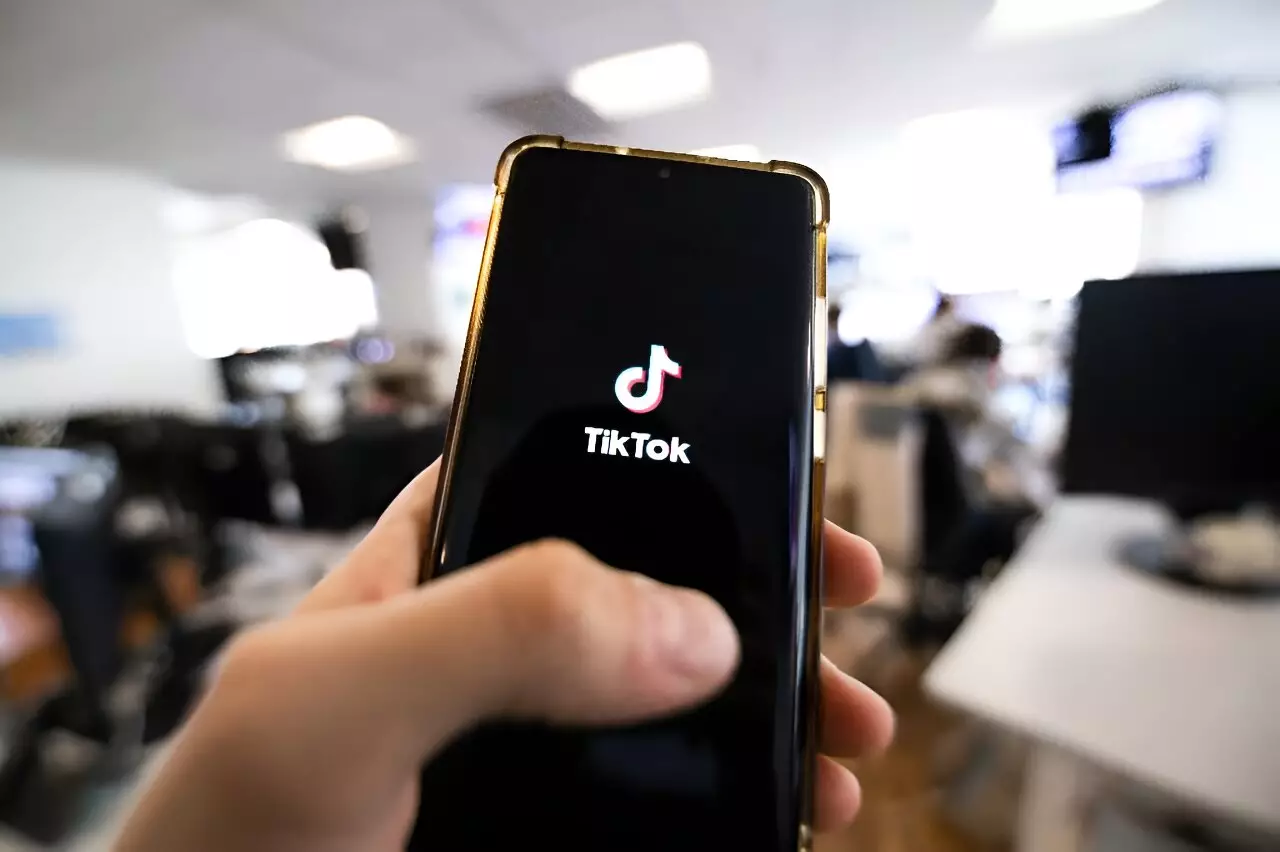TikTok, the immensely popular video-sharing platform, finds itself at the crossroads of legal and political turmoil in the United States as it faces potential banishment due to its Chinese ownership. The stakes are high, not only for TikTok’s operations within the US but also for the principles of free speech and national security that this case is forcing into the limelight. With a court hearing imminent, the underlying issues warrant a closer examination, exploring the implications of the government’s stance, TikTok’s arguments, and the broader context of US-China relations.
At the heart of this dispute is a law implemented to ensure that TikTok divests from its parent company, ByteDance, by January 2025, or risks being expelled from the market entirely. TikTok’s appeal hinges on the argument that this law violates the First Amendment rights of its users—approximately 170 million Americans—asserting that the platform provides a unique space for expression that current alternatives cannot replicate. This legal appeal marks a crucial strategy for TikTok, as it seeks to frame the issue not merely as a business dispute but rather as a matter of constitutional rights.
The legal proceedings are set to take place in the US Court of Appeals for the D.C. Circuit. Here, TikTok, ByteDance, and a coalition of users will present their case against the law, which they argue unfairly targets the platform without regard for the substantial free speech implications. The response from the US government will emphasize national security concerns, suggesting that ByteDance’s ownership presents a significant risk for data misuse and inappropriate content manipulation. The judges’ upcoming decision will further determine whether the case escalates to the Supreme Court, where the ultimate evaluation of these competing interests will occur.
Navigating this contentious legal landscape, TikTok has received notable political backing from unexpected quarters. Republican frontrunner Donald Trump has shifted from advocating for a ban to suggesting that voters rally to “save TikTok in America.” This change signifies not only the platform’s deep entrenchment in American culture but also the complexities of political alignments in contemporary campaigns. President Joe Biden’s administration, while initially supportive of stringent measures against the platform, has seen campaign adaptations, including the establishment of TikTok accounts to engage younger voters—a demographic that overwhelmingly favors social media engagement.
Biden’s hands, however, are tied between ensuring national security and preserving public access to a beloved platform. As TikTok tries to navigate this precarious situation, it underscores the growing intertwining of social media and political strategy, illustrating how platforms that once seemed apolitical are now pivotal in electoral politics.
The US government posits that the law in question is a necessary measure to safeguard national interests—a claim they present with serious integrity. According to the Justice Department, the potential for malicious data practices by TikTok poses a tangible threat, especially considering its integration into the daily lives of millions of Americans. They argue that Chinese regulations may require ByteDance to comply with government requests for user data or impose censorship.
However, experts have raised eyebrows at the opaque nature of many of these security claims. Much of the national security rationale remains classified, making it challenging to dynamically evaluate the legitimacy of the government’s position. Legal scholars, like University of Richmond’s Carl Tobias, argue that the Supreme Court has historically maintained a cautious approach regarding national security arguments when intertwined with First Amendment rights, especially in the digital space. This poses a dilemma: can the preservation of free speech take precedence over demonstrated security threats?
The TikTok predicament reflects larger conversations about the role of social media in contemporary society. Platforms often serve dual purposes—entertainment and communication, as well as potential tools for geopolitical maneuvering. As the legal situation progresses, it exposes the frailty of maintaining user security while balancing free speech. The actions taken by TikTok, alongside its vocal user base, challenge not only specific legislative efforts but also broader societal norms concerning data privacy, censorship, and the right to communicate freely.
As we approach a potential resolution, the TikTok case serves as a microcosm of greater cultural and political rifts in America. It highlights the uneasy balance between national security and the rights of individuals in the digital age, raising questions that resonate beyond the confines of this legal battle. The outcome will undoubtedly shape how American society interacts with social media and what future regulations may entail as our digital landscape continues to evolve.


Leave a Reply